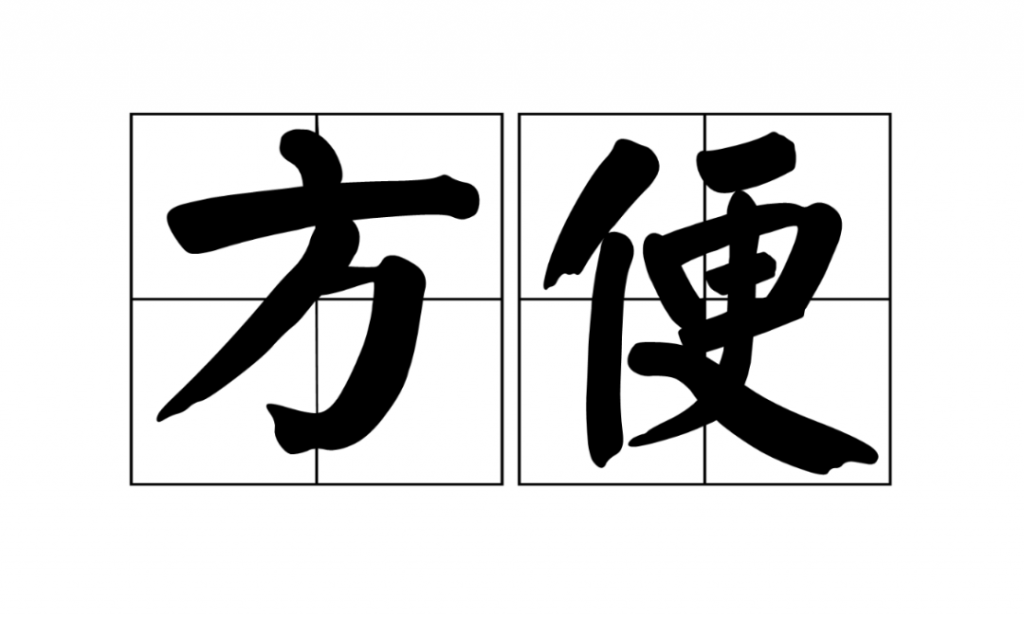
Every language should be used, rather than placed highly on a bookshelf. From simply saying “Hello” to expressing your feelings and opinions, from being able to scrabble a few sentences to writing a poem, it should be done step by step.
It’s Saturday! After a whole week of hardworking you can finally relax. Waking up in the morning sunlight, you might think of trying some Chinese breakfast when washing up yourself. Soja milk and fried dough sticks came into your head at first. You could order them at the store by saying: “老板,我想要一杯豆浆和两根油条(lǎobǎn, wǒ xiǎngyào yībēi dòujiāng hé liǎng gēn yóutiáo)。” You have used what you’ve learned yesterday and you could be understood. You must be feeling good about yourself, right? With the textbooks of Mandarin Inn students can learn many practical and interesting conversations which occur on a daily basis. Needless to say, you’ll get a lot of opportunities to practice Food-related topics which are an important part of Chinese culture.

Let’s get back on the street. After finishing breakfast you want to meet up with a Chinese friend to have lunch together at his place before hitting the bar tonight. It is internationally known that when you are to someone’s home, it is suggested to bring something, e.g. food or drink, as a gift for the host to show your respect. It is even more so in China. So standing in front of your friend’s door, with some fruits you bought on the way, you ring the bell. Before you even see your friend, a roar of laughter bursts behind the opening door. Holding his smartphone, he is obviously so entertained by a hilarious video that he is barely able to welcome you. The video is made by a German Chinese learner who has made a lot of embarrassed mistakes during the early years of Chinese learning. As you may know, there are four tones in Chinese. Having same Initials and Finals, words with different tones often represent utterly various even contrasting meanings. This German guy in the video shares a laughable story caused by Chinese tone. He once told his friend: “我觉得你们的胸毛很可爱啊(nǐmen dē xiōngmáo hěn kěài ā)”, which means, “I really think that your chest hairs are very cute.”

Although being frightened by his comments at first, his friend knows that he obvious meant something else, so he is asked to explain himself. After few attempts it is clear that he wanted to say: “我觉得你们的熊猫很可爱啊(nǐmen dē xióngmāo hěn kěài ā.)” —“ I really think that your pandas are very cute”. The first word has tone 1+2 while the second one tone 2+1. Our teachers will give you tips and methods to help you distinguish und pronounce the tones. There will be also a plenty of time for practice where correction and explanation is guaranteed.

Meanwhile, one word can have various meanings in different circumstances. The Chinese “方便” (fāng biàn) means “convenient” in some sentences , but sometimes it also means “go to the washroom”. How on earth can people use these words correctly? Context, of course, is the key. You will be able to understand words like this by creating a plenty of examples yourselves during the class. Soon you could see this might be one of the funniest part of the learning process.

In the afternoon, sitting in the living room you are asked about your homework you need to hand in tomorrow. You complain about the difficulties of Chinese characters and hesitate whether you should continue learning them. Speaking is much more important anyway. This is a common opinion shared by many Chinese learners, especially those who struggle with memorizing. Although you might be able to understand the pop songs, the inability to recognize and understand characters hinders you from appreciating the vastness of the culture, carried by characters from generation to generation in the forms of literatures and history books. Without a deep understanding of Chinese characters, it is often hard to understand the chinese wisdom. This is also our goal and we will help you surmount the difficulties you might encounter with.

Finally you guys arrive at a bar where you could meet more Chinese and international friends. You might live in a metropolian like Shanghai or Beijing, or a smaller but pleasant city like Luoyang or Guilin; you might have came to China for business, study or for the sake of your family; but wherever you are, the cultural exchange happens around you. A better Chinese skill can definitely help you embrace new ideas and new challenges in China. We, Mandarin Inn, are willing and ready to help you.

Sounds interesting? Start learning Chinese now at Mandarin Inn!
